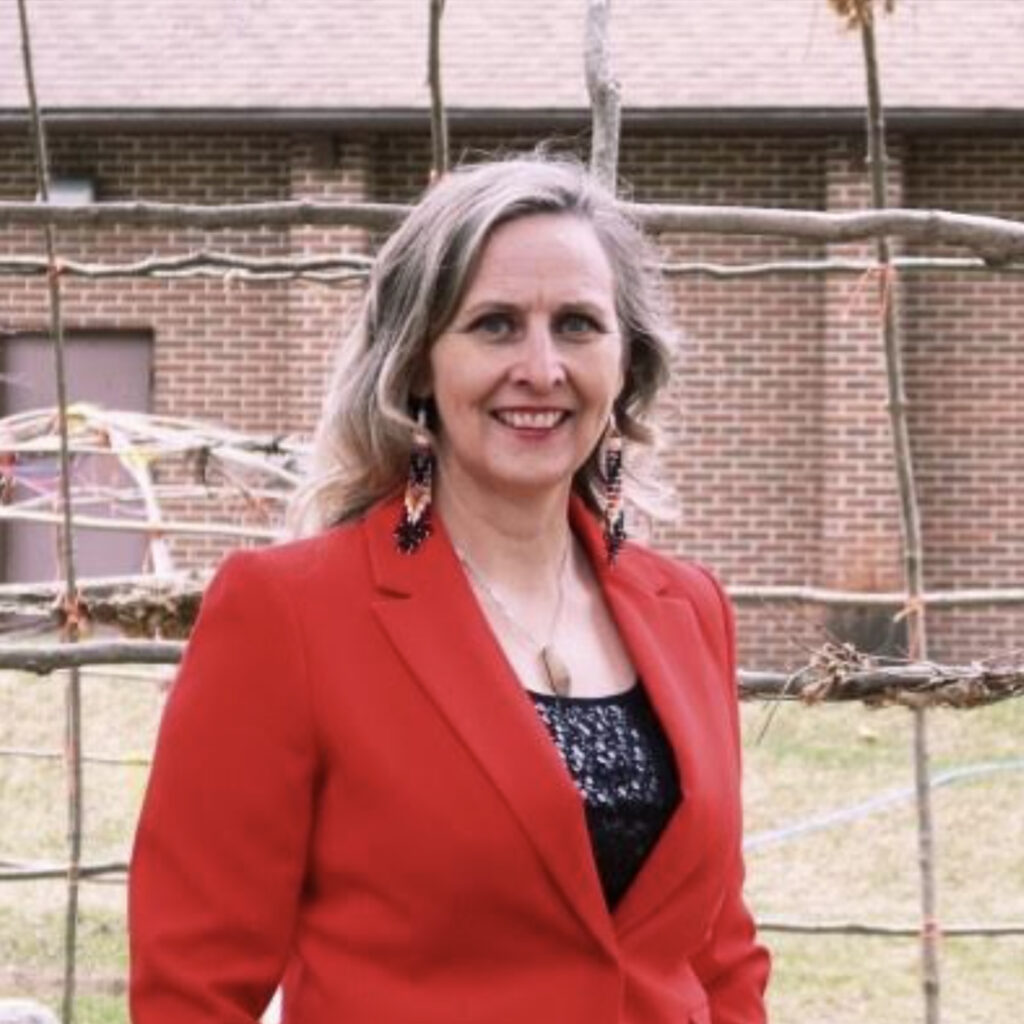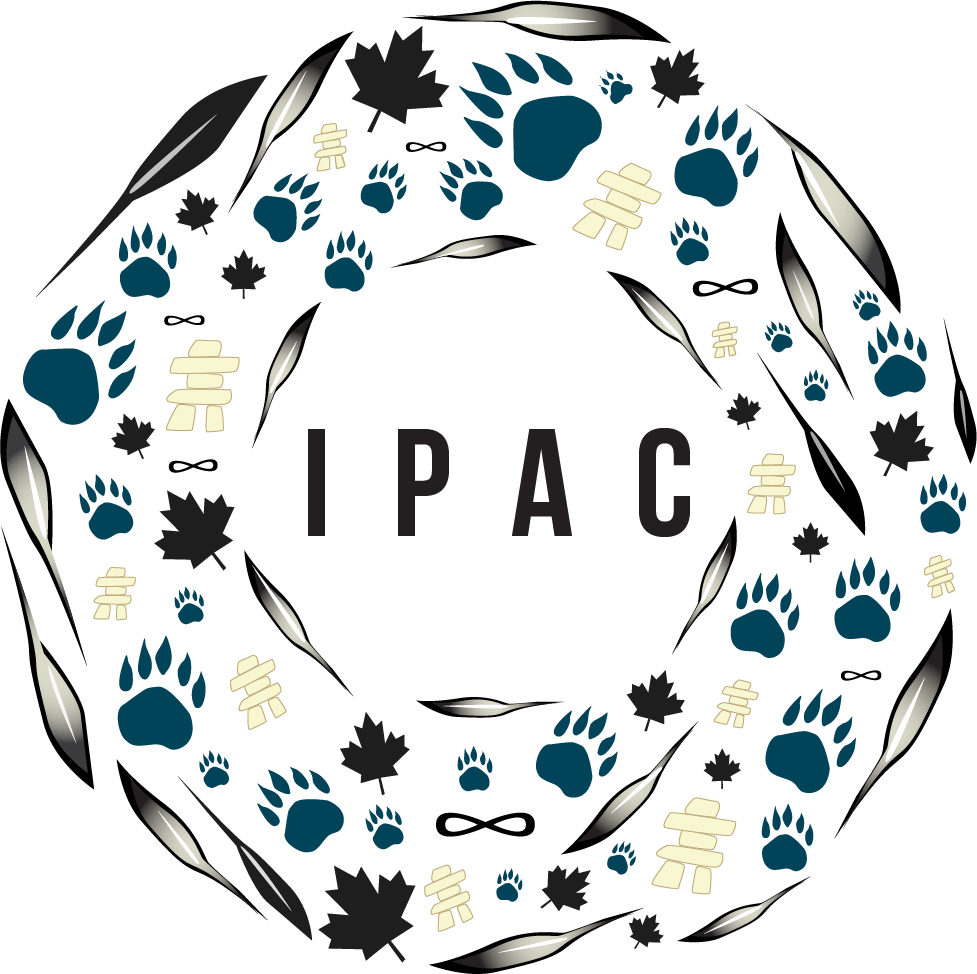RECOGNIZING EXCELLENCE TAMMY WEBSTER

Tammy Webster
Firstly introduce yourself and tell us where your home place is. Describe your job/jobs in just under four sentences. Please also provide your title and profession.
My name is Tammy Webster and I am a registered band member of Kitigan Zibi Anishnabeg. I am the inaugural and current Director, Equity for Let’s Talk Science – a national charitable organization committed to preparing youth for evolving career and citizenship demands in a rapidly changing world through STEM.
I was the Indigenous Education and Equity Consultant for Waterloo Catholic District School Board after being a classroom teacher for 10+ years. I sit on a number of committees/councils/board of directors such as Chair of Anishnabeg Outreach, Council Member for Ontario College of Teachers Council, Member of Waterloo Region Anti Racism Advisory Working Group and am also a contributing writer to The Record Community Editorial Board.
What sparked your interest to work in this industry?
My mother was an educator herself and understood the impact that education can have on equipping students with skills and knowledge as well as using education to change futures. She attended Indian Day schools and later a residential school and in spite of those experiences, she knew early on the power of being an educator. While I tried to avoid my mother’s path as an educator, it eventually became apparent and inevitable that I was destined to follow her steps. I learned that by viewing students as unique individuals, they learned best when adults took the time to know the students, I would apply this same humanistic approach to my classroom practices. It is through relationship building with students and their home life that I began to see the power of education through a First Nations lens. As I evolved into educating adults and larger systems, the education continues through relationships, gentleness and humour. While I am not in the classroom, education is found everywhere. I have moved into other arenas to educate, guide and inform organizations around Equity, Diversity, Inclusion and Accessibility.
What do you enjoy most about your profession?
As an educator, I enjoy the transformational moments when people’s thinking or understanding has changed. I also enjoy disrupting people’s misconceptions/misperceptions of what a First Nations educator looks, talks and acts like – those a-ha moments of renewed understanding.
What educational preparation would you recommend for someone who wants to advance in this field?
Becoming a teacher in a colonial system requires university education and the process is relatively straight forward if the criteria are met. (eg. Marks for university to obtain a bachelor’s degree, followed by or done concurrently, an education degree). However, the attributes that one can prepare for is to learn what relationships mean and how to connect with people. Having a variety of communication styles is also very helpful. Recommendation – build on those ‘soft’ or people skills that are rarely taught in an education system.
What does success look like to you for Indigenous youth?
While I don’t know what success is for individual Indigenous youth, as someone who is more ‘seasoned’ than youth, I would like to see First Nations, Inuit and Metis youth in leadership roles, navigating two worlds in a fair, kind way. I would love to see groups of youth working together to transform our world for future generations – in a way that has never been seen in history.
How has a failure, or apparent failure, set you up for later success?
Failure used to paralyze me. I would live in fear of failure – whether perceived or actual. It took me quite a while to recognize failure as an opportunity to pause, reset and then evaluate a different trajectory if I ever came across a similar situation. Learning that failure is something that happens but you cannot change it is a key moment for me. The failed event has happened and we cannot go back in time to change anything. The only thing we can do is to look ahead to figure out alternate solutions, problem solve or find ways to prevent the same failure. Failure is a great teacher for future success. As babies, we didn’t start our world running. We built up strength, stumbled, had a few bumps and bruises along the way, but we eventually are walking and running!
What are one to three books that have greatly influenced your life?
All About Love by bell hooks
Funny, You Don’t Look Like One by Drew Hayden Taylor
Do you volunteer? If so, where and why is that important to you?
I volunteer for a variety of organizations. I volunteer for three major reasons.
#1 to build out my resume.
Being a teacher/consultant, I had limited capacity to build on professional development and joining committees etc helps me build out those other skills (people skills) and attributes (leadership, management) that I may not be able to develop while I was a teacher.
#2 Intrinsically rewarding.
I find it intrinsically rewarding when I can contribute – whether it is coaching, committee work etc I enjoy knowing that I gave time and resources. Growing up, I was often the recipient of someone’s time and input and want to pay it forward. It feels good being part of someone’s community and knowing that I can perhaps make a difference.
#3 Share my knowledge and experiences
With my lived experiences, education, diverse work experiences and knowledge, I like to provide reliable information and knowledge to others. I can educate and have an impact.
In the last year, what new belief, behaviour, or habit has most improved your life?
As a female, it has taken me many years to recognize guilt and how guilt had a foothold in my life. These feelings of guilt were often the result of other’s perceptions and values that I chose to listen to. I have made a conscious effort to reduce those feelings of guilt in my decisions and day to day life. While I still have feelings of guilt, I try to rationalize and understand the feelings and to keep them from impacting my emotional well being.
What are some challenges you think the next Indigenous generation will face in your industry/profession?
In the near future, generations are still going to be challenged by stereotypes, misperceptions and intergenerational trauma. Lateral violence amongst First Nations, Inuit and Métis is still very difficult to navigate. It will be critical for the next generation to have a clear understanding of lateral violence and its impacts.
Looking further out, generations are going to be challenged with a future that no one has scripted, outlined or even demonstrated. It is very difficult to aim for a target that is unclear but with consensus and a passion, the youth will be able to create this world. They have incredible responsibility in terms of the 8th Fire Prophecy and while it could be difficult, I hope that the future educators will see their value and worth to keep changing the world.
What advice would you give to a smart, driven student about to enter the “real world”? What advice should they ignore?
Wrap yourself in ‘community’.
Whether the community is made of family, friends, mentors, leaders, co workers etc, find those who can support, advise, hug etc. Traditionally, our communities did all this and when youth enter the ‘real world’, continue to have a community. The faces may change but the feeling and values should not.

